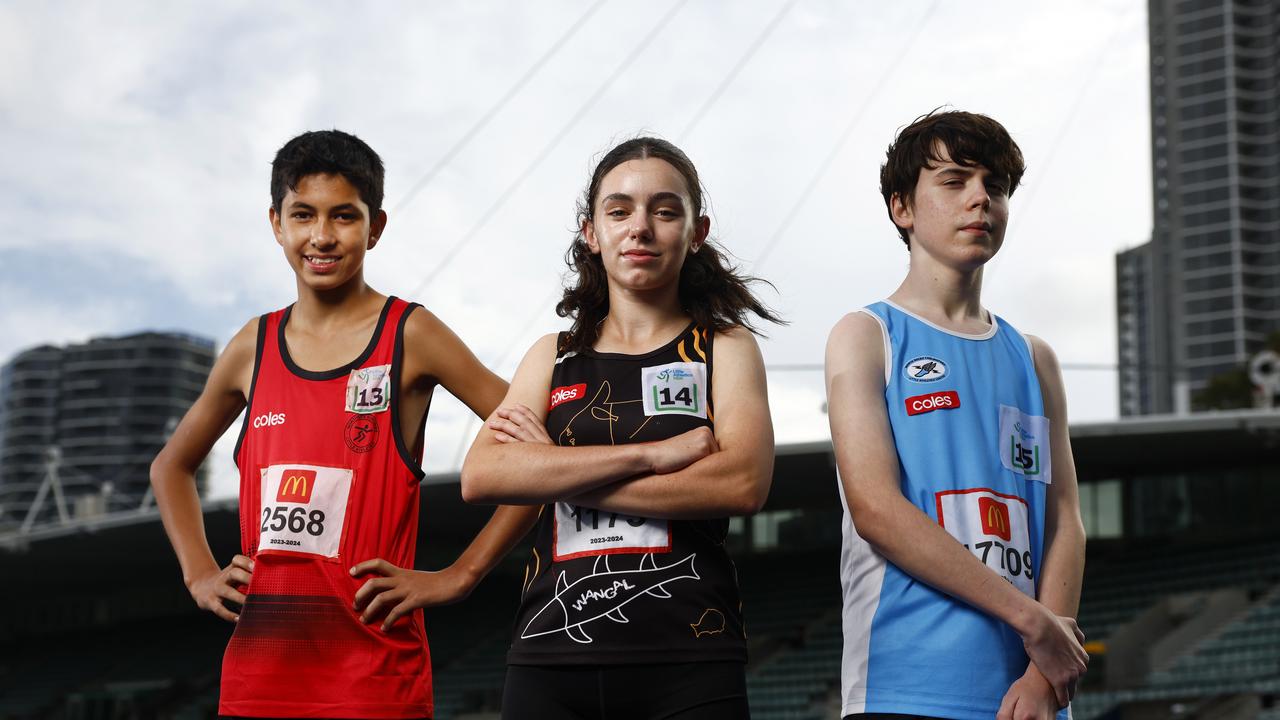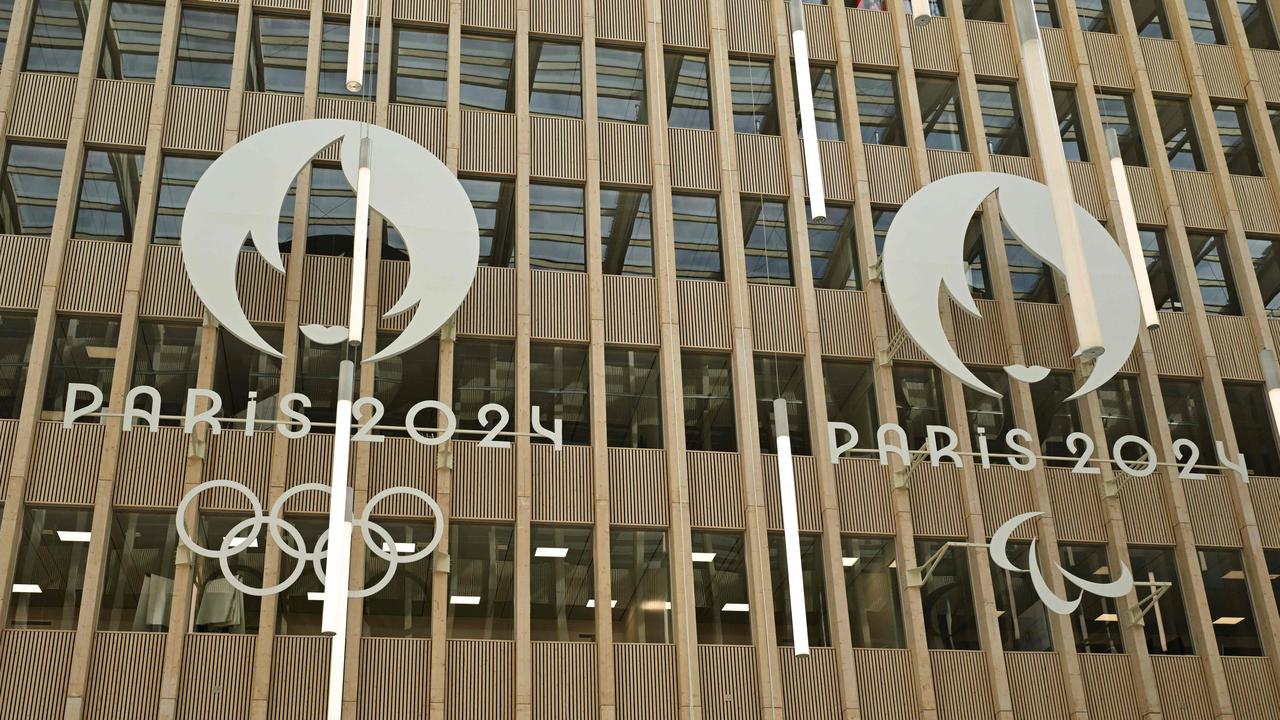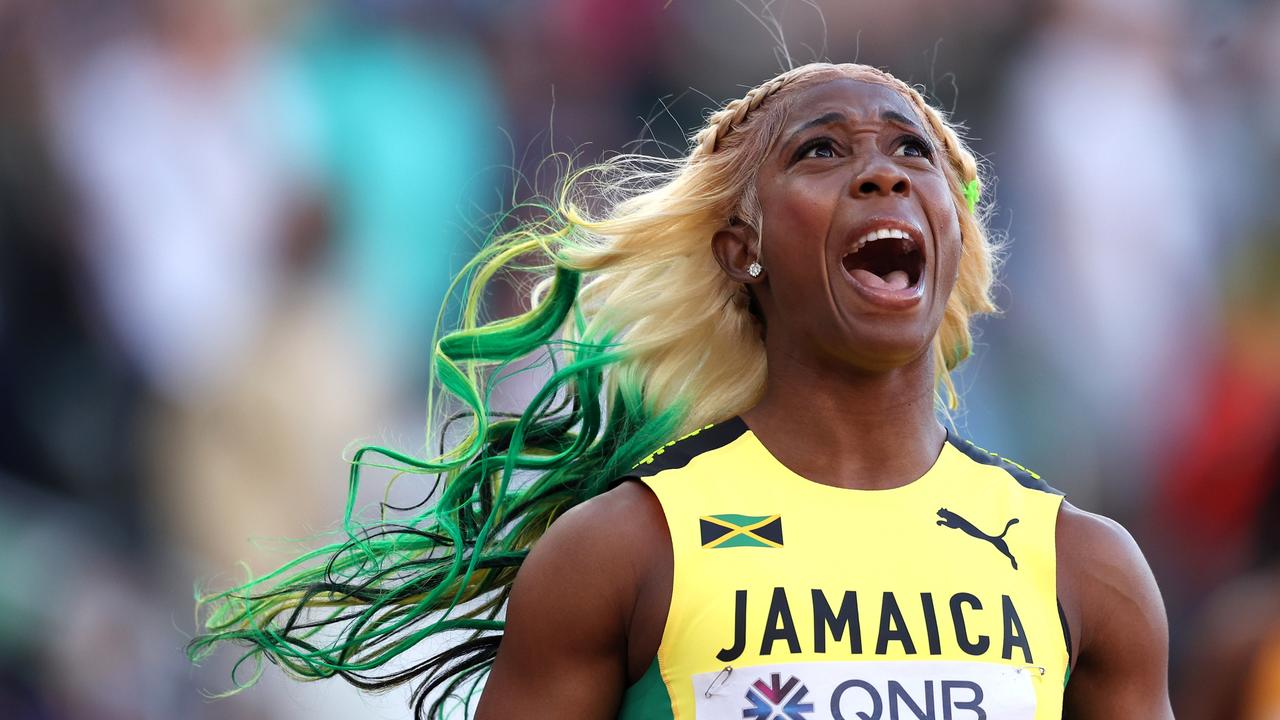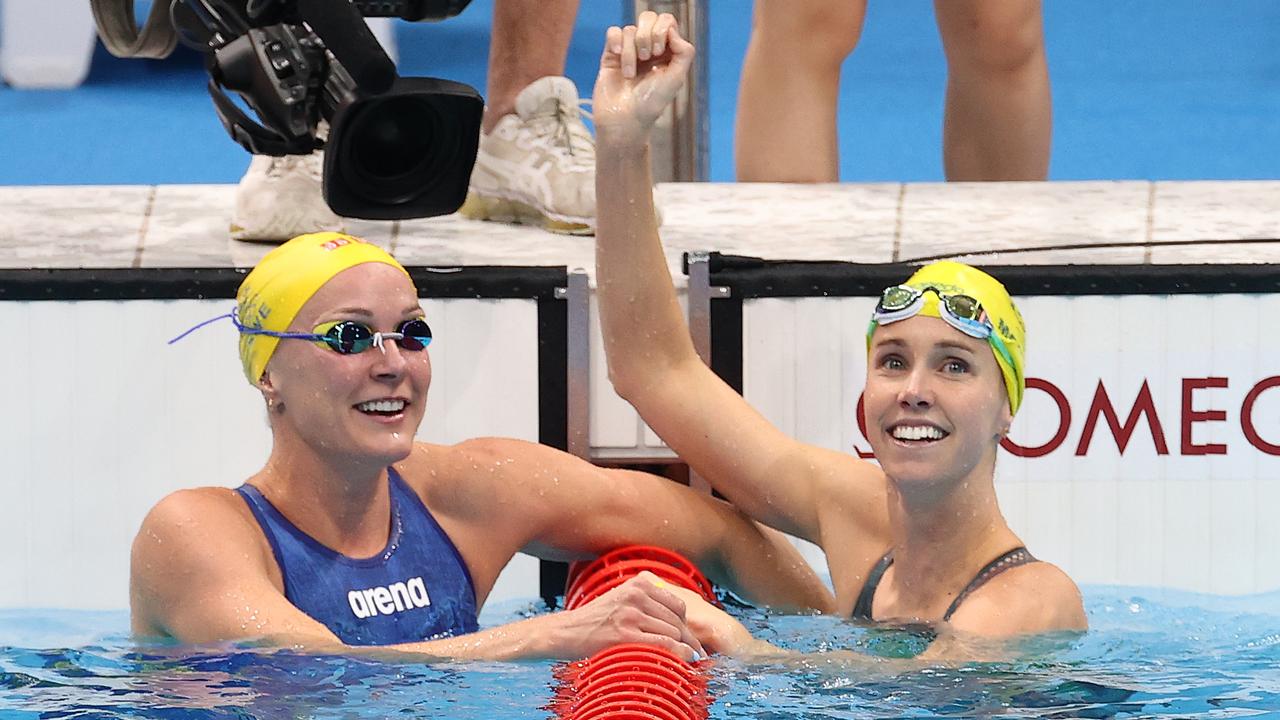Track and field gold medallists to get paid in Olympic game-changer
The Olympics has long been considered an amateur competition, where even pro-athletes do not get paid, but a new move from World Athletics could change that level playing field forever

READING LEVEL: GREEN
Track and field is set to become the first sport to pay athletes prize money at the Olympics.
World Athletics has agreed to pay $50,000 to athletes that win gold at the 2024 Paris Games.
Even though the Olympics has become the most well-known sporting event in the world, it has remained an amateur event, that is, an event where athletes aren’t paid to compete.
Thanks to World Athletics, that is set to change.
The governing body of athletics said it was setting aside $2.4 million to pay gold medallists at this year’s Games across the 48 men’s, women’s and mixed events on the track and field program.
Relay teams will split the $50,000 between their members.

While athletes that win silver and bronze medals won’t receive prize money this year, World Athletics has committed to paying them at the next Olympic Games in 2028.
World Athletics President Sebastian Coe said they had decided to pay Olympic winners prize money because the athletes were “the stars of the show” and money made because of their outstanding performance at the Olympics should go to them.
Currently, the International Olympics Committee gives sporting organisations such as World Athletics a share of the money made by the Games.
The IOC said it was up to each sport’s governing body to decide how to spend its share of Olympic money.
The modern Olympics started as an amateur sports event and the IOC has never awarded prize money to medal winners.
Instead, many medallists receive money from their country’s government, national sports organisations or sponsors, but there is no guarantee they will go home with prize money in their pockets.

Mr Coe said he remembers when he won gold as a runner in the 1500m at the 1980 and 1984 Games, just before runners were starting to get opportunities to be paid for the sport.
He said he was the last generation of runners that received a 95 cent meal voucher and second-class rail fare to compete in the Olympics.
“Believe me, I do understand the nature of the transition we’ve been in,” Mr Coe said.
“It’s a completely different planet from when I was competing, so it’s very important that this sport recognises the change in that landscape and the added pressures on many competitors.”
The United States Olympic and Paralympic Committee gave $37,500 to gold medallists at the last Summer Games in Tokyo in 2021. Singapore’s National Olympic Council has promised $1 million for any Singaporean athlete that wins a gold medal. So far, only one Singaporean competitor has won gold at an Olympics.
In sports like tennis and golf, the Olympic tournament is the only time in a season that many pro players compete for free, with medals on offer but no prize money.

Mr Coe said he didn’t want to speculate on whether other sports would start to offer prize money.
“I’ve always made it a point not to speak on behalf of other sports,” Mr Coe said.
World Aquatics, which oversees events like swimming, diving and water polo, told The Associated Press it considered introducing Olympic prize money at the last Summer Olympics in Tokyo but instead decided to increase prize money at its own competitions. Its world championships paid $20,000 per individual gold medal this year.
Olympic gold medallists in track and field will still earn less prize money than at World Athletics’ own world championships. Last year’s world championship in Budapest paid out prize money for winners up to eighth place and gave $70,000 to individual gold medallists.
Athletes will have to pass “the usual anti-doping procedures” at the Olympics before they receive the new prize money, World Athletics added.
POLL
GLOSSARY
- amateur: someone who doesn’t get paid to perform
- guarantee: certainty or promise
- transition: change to a different way of doing things
- speculate: question or predict
EXTRA READING
14-year-old skater chases Olympics
Oz Olympians model new uniforms
Cruel twist in surfing champ’s Olympics bid
QUICK QUIZ
1. In what way is the Olympics an “amateur” event?
2. How much will gold medallists in track and field receive at this year’s Paris Olympics?
3. How many track and field events are on the program at this year’s Games?
4. When will track and field competitors who win silver and bronze start receiving prize money?
5. Which other sporting body has considered offering Olympic gold medallists prize money in the past?
LISTEN TO THIS STORY
CLASSROOM ACTIVITIES
1. Is it fair?
Do you think it is fair that relay teams will have to split the fee if they win a gold medal? Write down your reasons why or why not.
Time: allow at least 15 minutes to complete this activity
Curriculum Links: English, Personal and Social Capability
2. Extension
Do you know how the IOC makes money from the Olympic Games? Write down as many ideas as you can think of. Then use your research skills to find out how many of your ideas are correct!
Time: allow at least 25 minutes to complete this activity
Curriculum Links: English, Health and Physical Education
VCOP ACTIVITY
Olympic Opener Challenge
This activity enhances vocabulary and creative writing skills and introduces students to the art of crafting engaging story openers, a crucial aspect of effective storytelling.
Instructions:
Introduction (2 minutes):
- Briefly discuss with the students what they know about the Olympics and the recent news about prize money for track and field athletes.
- Explain that they will create story starters based on this exciting development in Olympic sports.
Brainstorm (3 minutes):
- Ask students to brainstorm words or phrases related to the Olympics, track and field events, and prize money.
- Encourage them to think about emotions, excitement, and the competitive spirit associated with the Olympics.
Write Your Olympic Openers (5 minutes):
- Provide each student with a piece of paper or their notebooks.
- Instruct them to write three different story openers inspired by the news about Olympic prize money.
- Remind them to use interesting words, descriptive phrases, and perhaps a touch of suspense to grab the reader's attention.
Share and Discuss (1 minute):
- Invite a few students to share one of their story openers with the class.
- Discuss what makes a captivating story opener and how words and phrases can set the stage for an exciting story about the Olympics.
Example Story Openers:
1. In the heart of the Olympic stadium, beneath the blazing sun and the crowd's roar, a young athlete stood poised at the starting line, knowing that victory meant more than just a gold medal—a chance to rewrite the history of track and field.
2. As the sun dipped below the horizon, casting long shadows across the Olympic Village, hushed excitement filled the air, signalling the dawn of a new era in which athletes from around the world would compete not just for glory but for the tantalising promise of Olympic prize money.
3. Amidst the cheers and applause echoing through the stadium, a lone runner sprinted towards the finish line, his eyes fixed on the ultimate prize—a golden opportunity to etch his name in the annals of Olympic history and secure a future beyond his wildest dreams.

